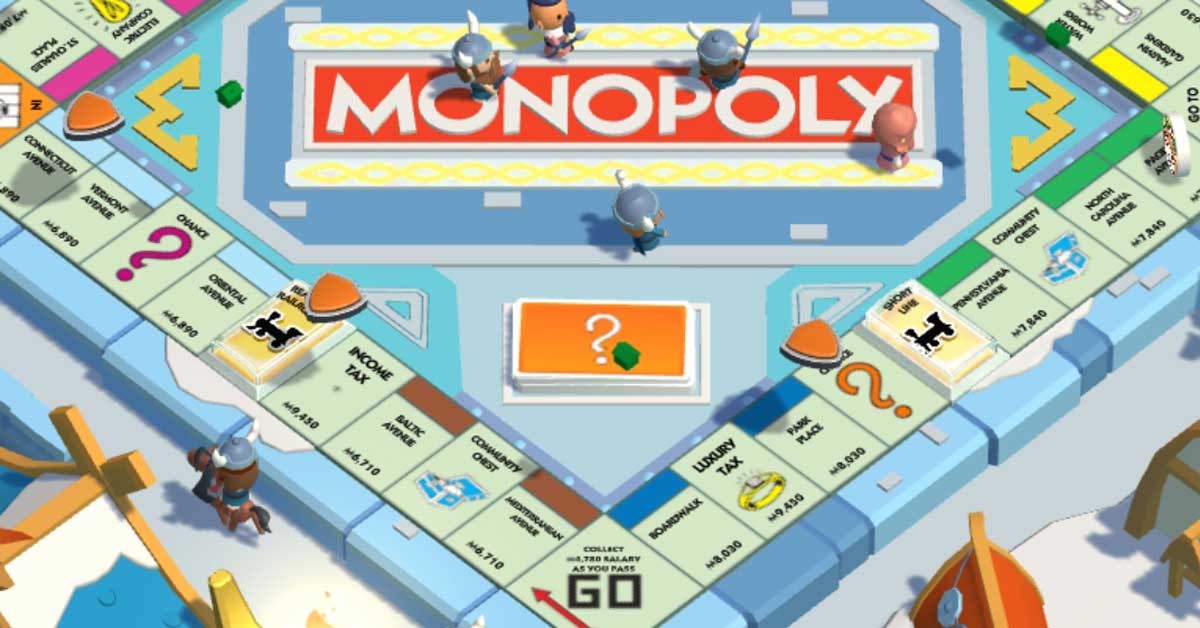Monopoly, the iconic board game known for its competitive gameplay and capitalist undertones, has become a global phenomenon since its inception in the early 20th century. Created by Charles Darrow during the Great Depression, Monopoly has evolved from a homemade game to a multi-million-dollar franchise. In this blog, we’ll delve into the fascinating history of monopoly go hacks, tracing its origins, evolution, and lasting impact on popular culture.
The Birth of Monopoly
Monopoly’s roots can be traced back to the early 1900s when a game called “The Landlord’s Game” was created by Elizabeth Magie. The purpose of this game was to illustrate the economic consequences of land monopolies, promoting economic justice and fairness. It was a far cry from the modern Monopoly we know today, but it laid the groundwork for what was to come.
In the 1930s, Charles Darrow, an unemployed heating engineer, created his version of The Landlord’s Game, which he called Monopoly. Darrow made several modifications to the original game, including renaming the properties to those we recognize today (such as Boardwalk and Park Place), and introducing play money, properties, and Chance and Community Chest cards. Darrow’s version of the game quickly gained popularity among his friends and family.
Parker Brothers and the Rise to Fame
Charles Darrow’s homemade Monopoly game soon caught the attention of Parker Brothers, a well-established game manufacturer. In 1935, Parker Brothers acquired the rights to Monopoly, and by 1936, it was being sold in stores across the United States. The game’s success was meteoric, especially during the challenging economic climate of the Great Depression, as it provided players with an escapist experience of financial prosperity.
Monopoly’s popularity was not limited to the United States; it spread worldwide. Parker Brothers licensed the game to manufacturers in other countries, leading to various international versions with locally inspired properties, such as London’s version featuring streets like Mayfair and Piccadilly.
Monopoly as a Cultural Phenomenon
Over the decades, Monopoly has transcended its origins as a board game. It has become deeply ingrained in popular culture, making appearances in movies, TV shows, books, and even art installations. The game’s iconic tokens, such as the thimble, top hat, and battleship, have become symbols of nostalgia and childhood memories for many.
The Monopoly World Championships, held since 1973, have elevated the game to a competitive sport. Players from around the world gather to test their strategic skills and luck in pursuit of the title of Monopoly World Champion.
Beyond the board game, Monopoly has expanded into various media, including video games, mobile apps, and digital adaptations, allowing players to enjoy the game in different formats and settings. Monopoly-themed merchandise, from clothing to collectibles, continues to be in high demand.
Monopoly and the Evolution of Game Design
Monopoly’s impact on the world of board games cannot be overstated. It introduced the concept of economic simulation and resource management into mainstream gaming. Many modern board games owe a debt to Monopoly’s pioneering mechanics, even as they seek to innovate and refine the genre.
The game has also sparked debates about its role in promoting cutthroat capitalism and the ethics of its gameplay, with some critics arguing that it glorifies ruthless business practices.
From its humble beginnings as “The Landlord’s Game” to its status as a global cultural phenomenon, Monopoly’s journey is a remarkable one. Charles Darrow’s adaptation of the game, combined with Parker Brothers’ savvy marketing, transformed it into an enduring symbol of both capitalism and nostalgia. As Monopoly continues to evolve in the digital age, it remains a testament to the power of a simple board game to capture the imagination and hearts of millions worldwide. Whether you play it competitively or casually with family and friends, Monopoly’s enduring popularity is a testament to its enduring appeal and place in gaming history.
